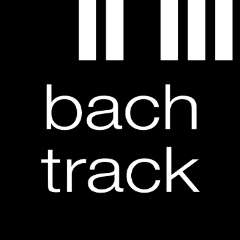Doing a bit of reading ahead of a trip to The Barber of Seville at Covent Garden tomorrow, I found myself wondering about why the Figaro trilogy remains incomplete (in operatic terms).
Just about every regular opera-goer will know that Rossini's Barber and Mozart's The Marriage of Figaro are based on the same characters: Figaro, Susanna, the Count and Countess Almaviva, etc. The reason for this is simple enough: they come from a trilogy of plays by the French playwright Pierre Beaumarchais. But it begs a question: how is it that the first two plays in the trilogy have resulted in two of the most popular operas in the repertoire, while the third seems to have been abandoned completely?
The third play is called La Mère Coupable ("The guilty mother"): the plot revolves around the idea that the Countess conceived a daughter after a night of love with Chérubin, who has since been killed on the battlefield. The Countess is in danger of the story being exposed to the Count, and Figaro and Suzanne are once again called upon to rescue her.
It transpires that there have been some attempts at turning La Mère Coupable into an opera, although I couldn't figure out why it took so long: the first appears to have been by Darius Milhaud in 1966. It doesn't seem to have been a great success: certainly, I can't find a recording of it anywhere. Most recently, the eclectic French composer Thierry Pécou has produced a version named L'Amour Coupable ("Guilty Love"), which was performed in 2010 at the Rouen opera. It seems to have had reasonable reviews, with Le Monde saying that "its orchestra perfectly translates the variations of climat and pulse in a large aesthetic palette " (whatever that may mean), but it hasn't exactly caught the attention of a wide opera-going public.
I guess the world and the ghost of Beaumarchais are still waiting for a blockbuster to match Mozart and Rossini's.
17th January 2010


